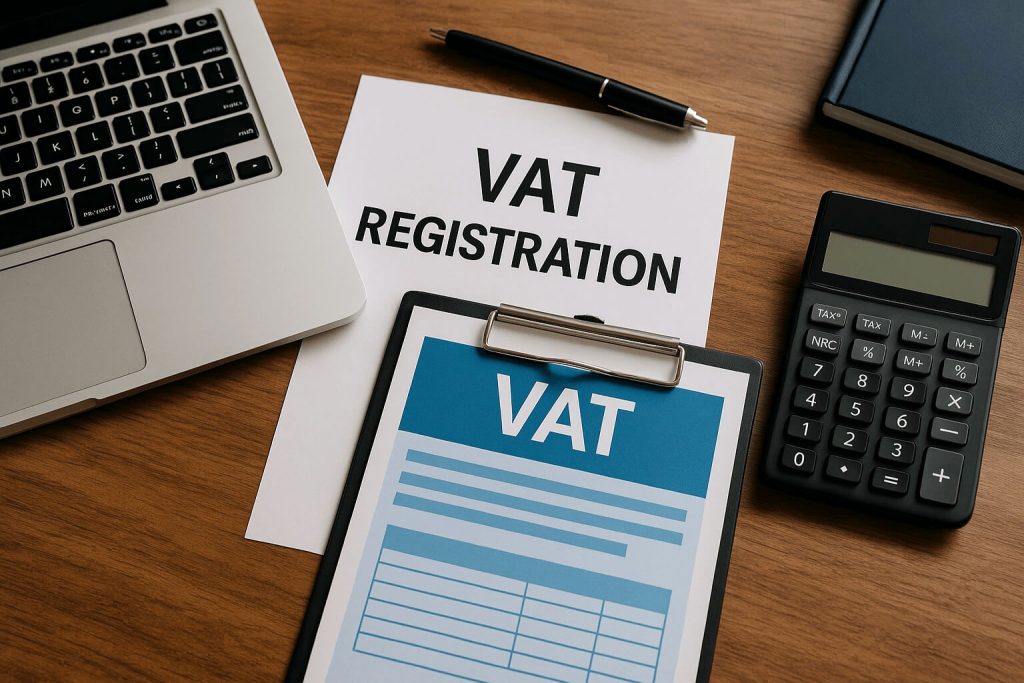Since 2019, companies across the UAE must comply with ESR and UBO requirements in the UAE—regulations that impact both free zone and mainland businesses. These obligations aim to improve financial transparency and align with global anti-tax evasion standards. Moreover, all companies must now demonstrate their economic substance, disclose their ultimate beneficial owners (UBOs), and file regular reports.
This article breaks down who is affected, how to comply, and what penalties apply.
What Is ESR and Why Is It Important?
Economic Substance Regulations (ESR) were introduced by the UAE to comply with global tax transparency frameworks. They aim to ensure that companies genuinely operate within the UAE, rather than existing solely to benefit from favorable tax conditions.
Entities subject to ESR must:
- maintain real economic activity within the UAE (i.e., office, staff, operational costs);
- conduct core income-generating activities (CIGAs) inside the UAE;
- be directed and managed locally;
- file an ESR Notification and annual ESR Report.
You can learn more in the official ESR guide from the UAE Ministry of Finance.
Who Must Comply with ESR?
ESR applies to companies engaged in relevant activities, including:
- holding company activities
- consultancy and business service activities
- intellectual property ownership
- headquarters, shipping, insurance, or banking services
- any mainland or free zone entity that generates income in these sectors
What Is UBO and What Are the Rules?
UBO stands for Ultimate Beneficial Owner, meaning the individual who ultimately owns or controls the company, directly or indirectly. UAE law mandates full transparency in identifying UBOs.
All legal entities must:
- Identify and record their UBO(s).
- Maintain up-to-date UBO registers.
- Submit UBO information to the licensing authority (e.g., Dubai Economy or free zone authority).
- Update records upon any change in ownership or control.
These requirements are detailed in Cabinet Resolution No. 58 of 2020.
What Are the Penalties for Non-Compliance?
Failing to comply with ESR and UBO requirements in the UAE can result in substantial fines and administrative sanctions. Here is a summary of possible penalties:
| Violation | Penalty |
| Late ESR notification | From AED 10,000 |
| Missing ESR report | Up to AED 50,000 |
| Incorrect or incomplete ESR data | Up to AED 50,000 |
| Failing to submit UBO information | Up to AED 100,000 |
| Repeated non-compliance | Up to AED 300,000 |
In some cases, companies may also face license suspension or reporting to foreign tax authorities.
You can view the UAE FTA’s official page for ESR enforcement here.
How to Know If You Must Comply
Start by analyzing your business activity. If your company provides consulting, owns intellectual property, or holds shares in other entities, chances are you fall under ESR scope.
To ensure compliance:
- Assess whether your business is a relevant activity.
- Prepare ESR notifications and supporting documentation.
- File ESR Reports before the deadline.
- Identify and register your UBO(s).
- Keep all information updated and accessible for inspection.
Many free zones now require ESR and UBO compliance before issuing or renewing licenses.
Practical Tips for Compliance
To stay compliant and avoid penalties, follow these best practices:
- Track operational activity and expenses — this proves substance.
- Keep your UBO records current — even minor ownership changes must be reported.
- Submit all declarations on time — deadlines vary but typically fall in June or December.
- Consult an expert — especially for group structures or foreign ownership.
The ESR and UBO requirements in the UAE are now standard regulatory obligations. They aim to create a transparent, responsible business environment that complies with international tax norms. More importantly, fulfilling these rules is not just a bureaucratic step—it protects your business from hefty fines and licensing issues. Therefore, early preparation and structured internal controls are essential to operating safely and legally in the UAE.




